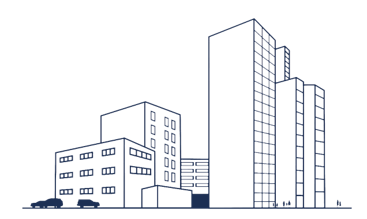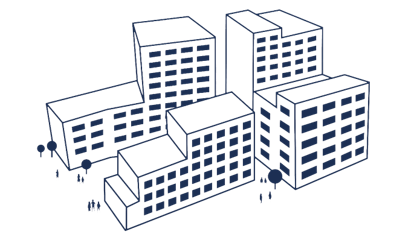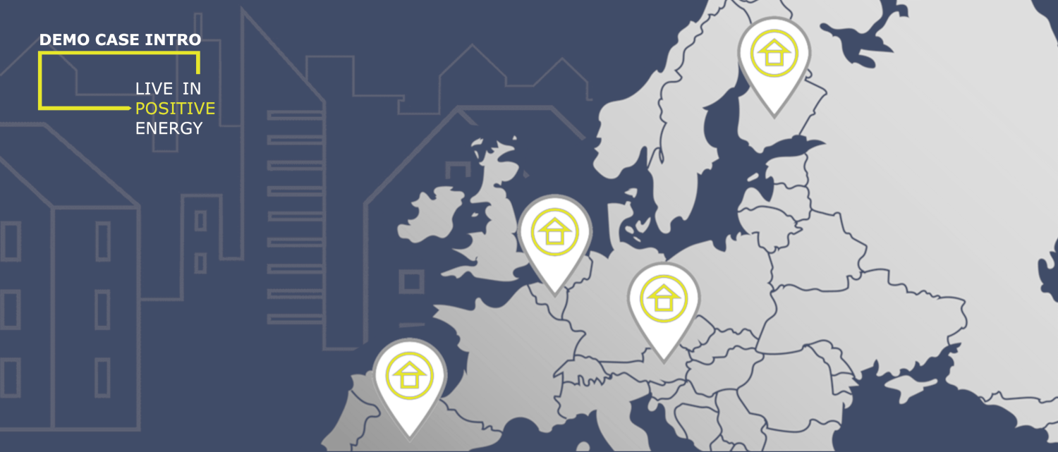
Innovative Positive Energy Building Solutions in four EU Climate Zones
Four demonstration projects - in which innovative yet cost-competitive building technology packages will be tested - lie at the heart of the EXCESS project. Adopting a holistic approach that takes conditions in the four main EU climatic zones into account, EXCESS partners have set themselves the ambitious goal of retrofitting or building four nearly-zero energy multi-storey residential buildings into Positive Energy Buildings (PEBs). The four demonstration projects are:

Social housing complex in Hasselt, Belgium (Coastal climate)
Historical residential building in Valladolid, Spain (Mediterranean climate)
Key Objectives of EXCESS Underpinning the PEB Demonstration Projects
Overall, the EXCESS project is guided by a S.M.A.R.T. approach (Specific, Measurable, Achievable, Relevant and Time-Oriented) to reach its ambitious objectives. In so doing the project consortium will deliver measurable impacts, including (1) the advancement of new materials, technologies and integrated technological systems; (2) the optimisation of the interplay of local energy generation, storage, consumption at building and district-level; (3) the promotion of a user-centric approach as well as (4) the effective dissemination, communication, replication and exploitation of activities and improved market uptake. Three EXCESS objectives are described in further detail below.
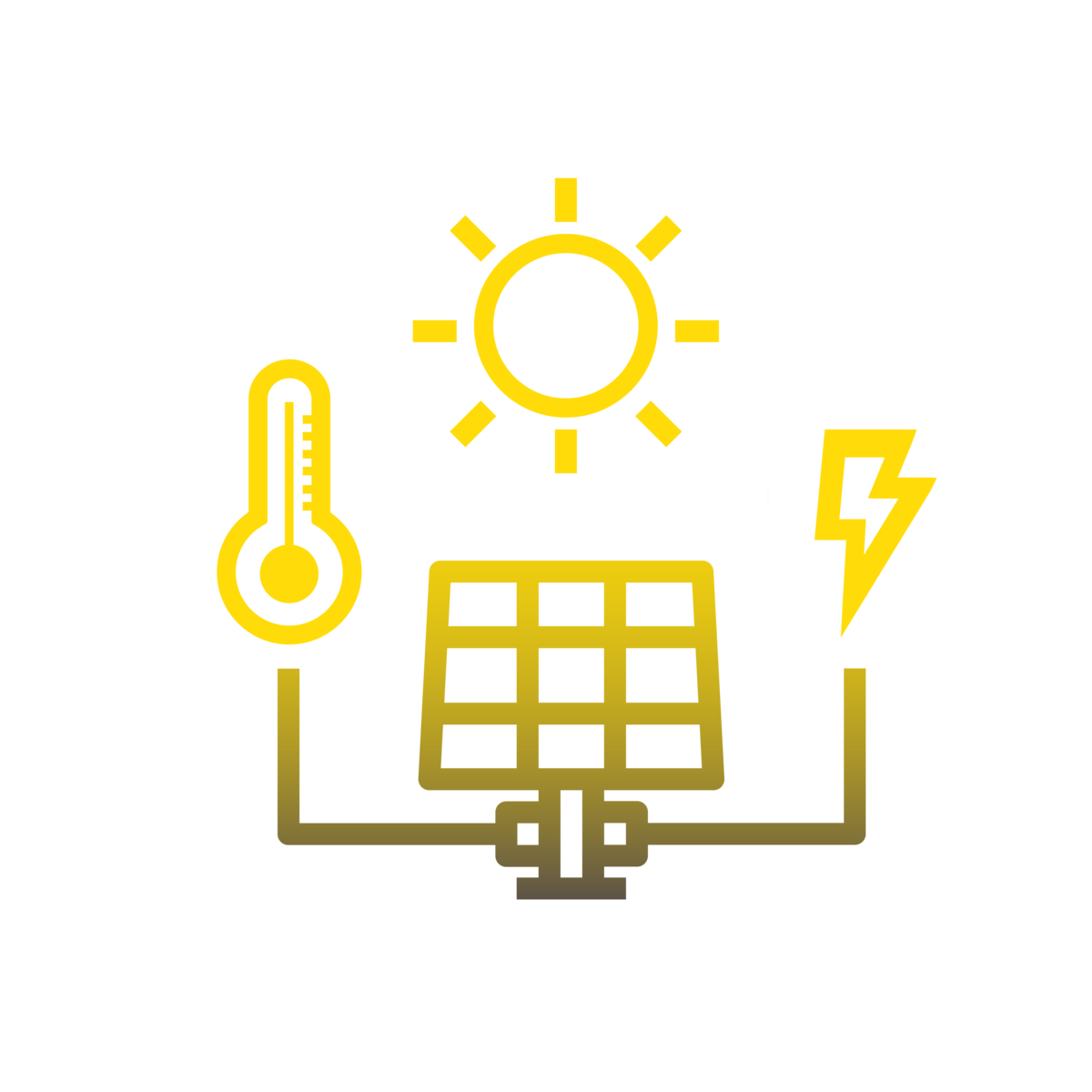
Demonstration projects explore how a range of technical PEB solutions, which harness the most advantageous renewable energy generation options and energy storage technologies for the four climate zones, can be easily and seamlessly integrated. EXCESS targets a 10% market uptake for its cost-efficient PEB technology packages until 2030.

PEB solutions will be introduced that empower consumers, allowing them to actively participate in the management of their energy consumption in response to signals sent by system or market operators. The user-centric approach of EXCESS throughout the demo project optimisation process ensures that negative impacts (e.g. on comfort, health, etc.) are avoided.
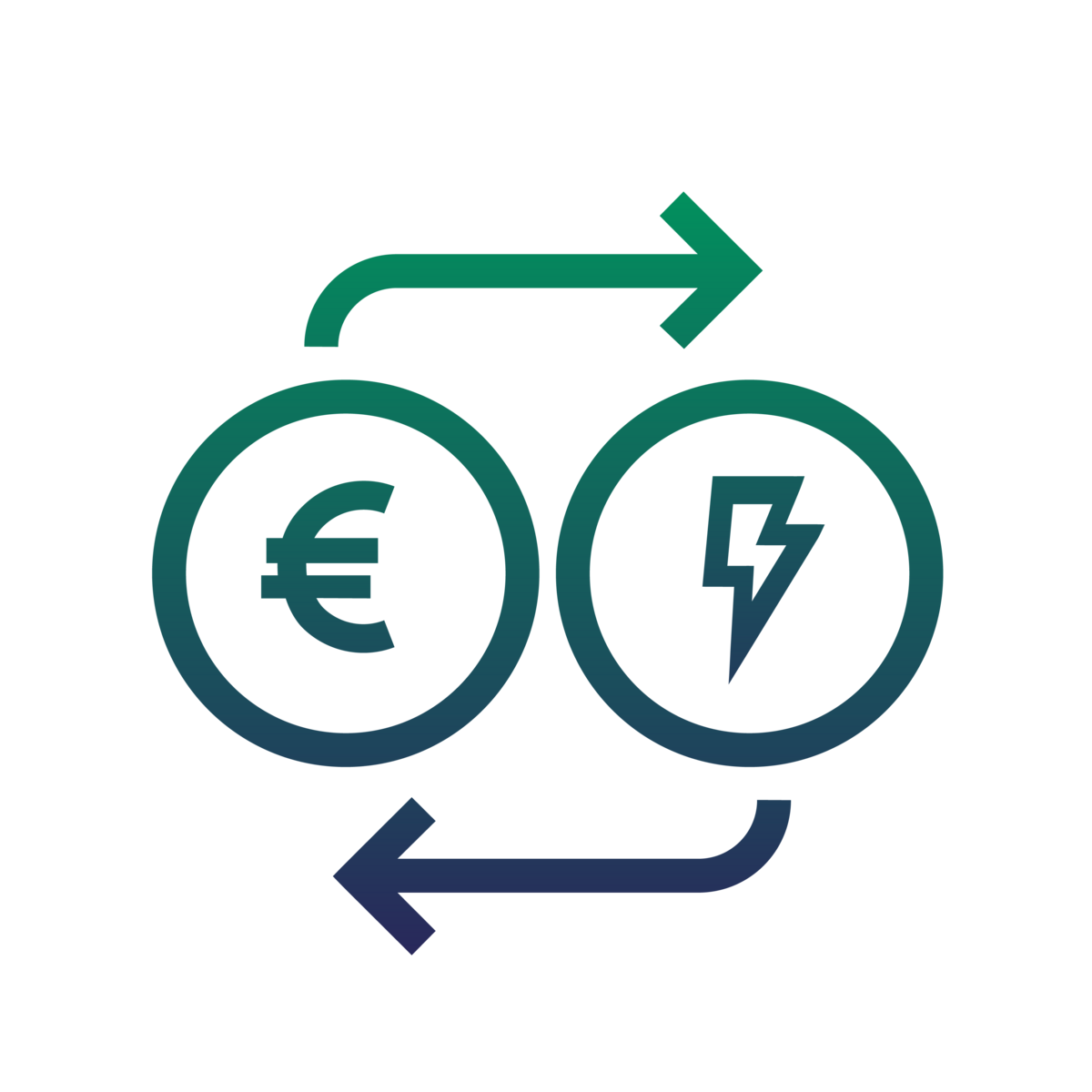
Recognising the urgent need for financial and business models to drive a greater roll-out of PEBs in Europe and beyond, EXCESS will use the demonstration cases to identify cost-optimal solutions (reflecting service life as well as investment costs) that incorporate potential market revenues and flexibilities. To this end, EXCESS will also explore opportunities provided by the new EU electricity market directive, to implement advanced building-to-grid interactions.
